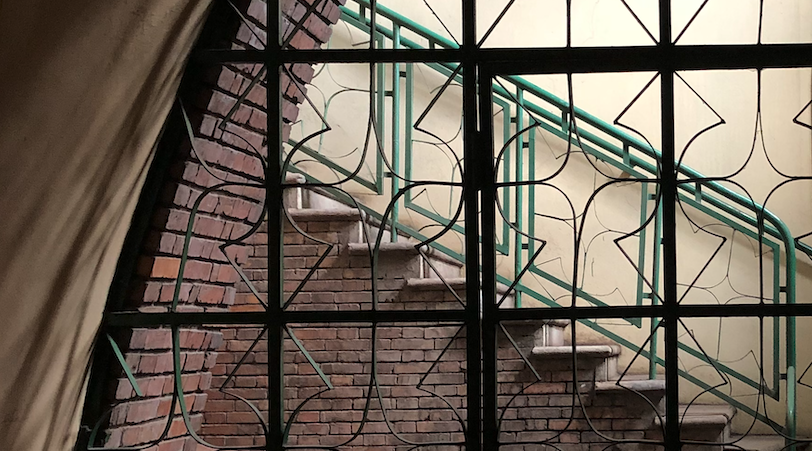PM. Even still, many challenges await us today. The prison administration’s concern involves quickly publishing the application texts on the special status, the different units or jobs of the paramilitary corps, the uniforms and other attributes, the creation of an ENAP, etc. For the moment, it is focused on the practical implementation of the Penitentiary Code. We hosted the current Director of the French Prison Service at ENAP in France in 2016, to present the school and see how we could help them. There’s a real need to train agents to become specialised prison staff. Until now, their administration has operated with a general body of civil servants who were assigned to these prisons and subsequently found themselves posted elsewhere.
In my publications, notably my book on the social reintegration of prisoners, I have always defended the idea that the mission of social reintegration is a shared responsibility. We tend to hold the prison administration solely responsible, whereas this is a collective endevavor. I therefore suggested the creation of an interministerial commission to coordinate social reintegration and re-education activities. Its mission would be to define and monitor the implementation of activities that contribute to the reintegration of prisoners, prevent recidivism, ensure security, respect for society, etc. It would define the content and means of such activities, and would monitor their implementation. The final law incorporates this provision, but it now needs to be given real substance. I proposed a fairly broad composition for this commission, which would also be open to victims’ aid associations. I had to do a lot of educating to relay how to enhance this process, the role it can play in boosting reintegration policies and developing areas of activity. I argued for this mission to include the judicial and penitentiary authorities, which implied strengthening the sentence enforcement commission and the re-education commission in the establishments. This approach was adopted in the final document.
The question of the accommodation also presented a challenge. Given the current situation in the Congo, I suggested that shared cells should be the norm and that individual cells should be the exception. I had two reasons for proposing this reversal of the usual standard. Firstly, the current building layout, a product of the colonial era, makes it impossible to imagine individual cells. New establishments will be built, but I wasn’t convinced that there would be the capacity to build facilities where individual cell confinement would be the rule. Secondly, the Congolese tradition in families is communal living. People live together and share their daily lives. It is therefore realistic, in detention, to have people living together, provided that the capacity of these cells is accurately determined, taking into account the space that can be occupied by each individual. Individual cells must nevertheless be provided for cases of contagious disease, special needs, disability, age, etc.
Despite having greater resources than the Congo, France has never managed to guarantee individual cell confinement in prisons since 1875. We go from moratorium to moratorium. In the Congo, I felt it was more realistic to advocate collective cell confinement, which is better suited to Congolese culture and resources. Why get trapped in a hypocritical position that would always have them at odds with reality? My counterparts knew full well that it would be impossible to respect the individual regime, whether in the short or medium term. As a result, parliamentarians opted for the joint holding system.
Finally, I defended the idea that, in a country with an oral culture like the Congo and where palaver plays an important role, the prison administration should be obliged, in the event of disciplinary infractions, to examine the possibility of mediation before considering disciplinary sanctions. At ENAP in France, we’ve been developing this for a year now. We have established professional mediation training courses. These mediations enable conflicts to be regulated before they reach the point of violence. I argued in favour of this idea, which has now been incorporated into the law. The regulations are a little more explicit about the implementation of these mediation measures. It also specifies that mediators must be trained. Here as well, I think that if the Congo gave itself the means to implement this practice, tensions could be eased without having to resort to disciplinary sanctions which, in reality, would further increase conflict between prisoners.

